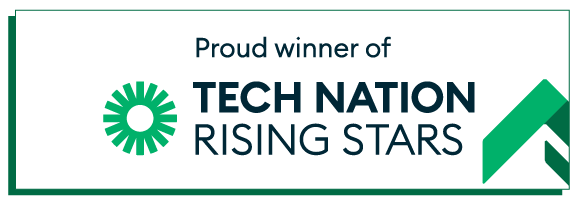- Sophie Walker
- Estimated reading time: less than 2 minutes
JUST: Access is a mission to revolutionise Open Justice. We believe that there are too many barriers in accessing legal information, even information in your own case. And we have something to say about it. We are part of a growing number of voices calling for reform..even a revolution.
Open Justice may be one of the basic tenets of the justice system, but it’s often overlooked and let’s go about changing that together.
When the topic of innovation in the justice sector comes up, there is usually a discussion about contract management, client portals – or if things really hot up, blockchain. Court transcription doesn’t get a look in.
I get it. It’s not a sexy topic. It’s one of those legal processes that happens in the background, either by secretaries or paralegals, or else it is outsourced to a transcription company. So why have I become so obsessed with transcription that I am on a mission to transform it?
It started back in 2016 while I was working as a solicitor for a criminal appeals charity working exclusively with prisoners fighting to clear their names. The starting point was the transcript of the trial, and it came as a shock to learn how expensive and difficult to obtain this document.
The costs rose to the thousands and would take weeks to arrive. Sometimes transcripts were impossible to obtain because the audio of court hearings are only kept for 7 years, meaning that someone convicted over 7 years ago would struggle to overturn their conviction.
I believe this is a huge, hidden injustice.I wrote about this in my submissions to the Justice Select Committee in their enquiry on Open Justice when they examined open justice in a digital age. Our full submission can be found here.
Transcription of court judgments remains an important mechanism to record the decisions of senior courts. However the high sticker price and the friction around their production and publication means their contribution to open justice can only ever be a marginal
There are alternate ways in which justice can be made more open and transparent that cost only a fraction of the price.
One method is to make the audio/video recordings of hearings more accessible.
Even before Covid-19, important hearings in the High Court and Court of Appeal, and all hearings in the Supreme Court are recorded and streamed. These videos are made available for a period of time on their websites, and then are removed from the public
Now with more video or hybrid hearings taking place, the audio recordings of hearing are stored on a cloud-based server, it is even easier for such recordings to be used within the public domain, although access is heavily
A small dataset of UK Supreme Court videos from hearings in 2010-2011 is available on the National Archives website, and access is unrestricted (under the Open Government Licence). This demonstrates the “art of the possible”, that videos of court hearings can be released without re-use restrictions. (The National Archives are becoming increasingly active with justice data, recently launching a case law repository, find out more here)
Using our AI-enabled transcription tool customised for the justice sector, we are working on ways to make video and audio recordings of hearings more useful, such as creating smart bookmarks and keyword searches, so it is no longer necessary to watch the full hearing to identify the parts of the hearing that are most relevant to the issue you are interested
Supplementing the published judgments with video and audio content of hearings would radically improve access to legal information for journalists, lawyers, legal researchers and members of the public.
If you are interested in finding out more about our cutting edge speech-to-text platform, please get in touch at hello@just-access.org.


